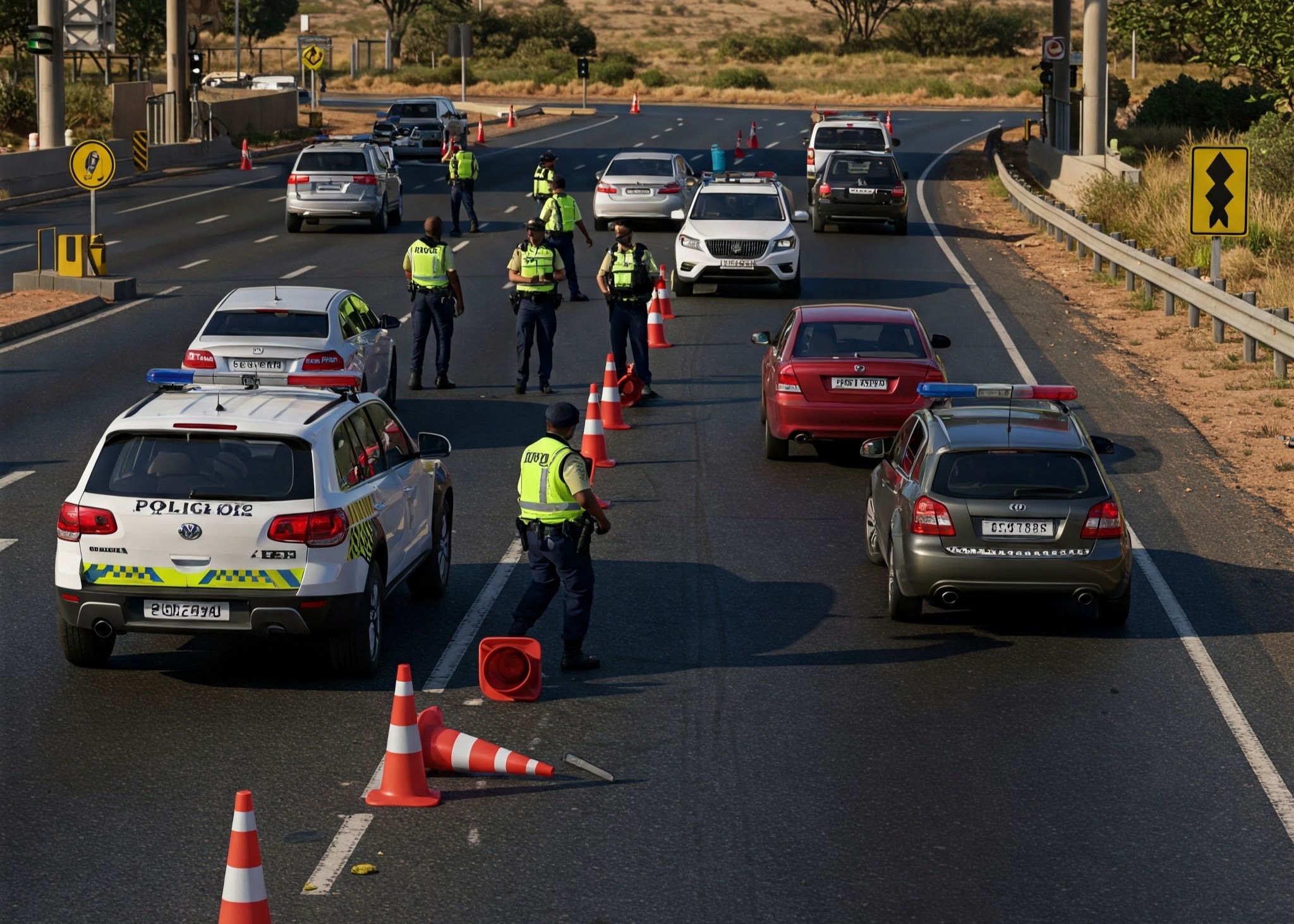GadgetWheels
Know your roadblock rights
For a safer Easter weekend, motorists should know their legal rights when stopped by law enforcement officers, writes KIRSTIE HASLAM, partner at DSC Attorneys.
With traffic volumes expected to rise over the upcoming Easter weekend, South African motorists should be prepared for increased road safety checks and roadblocks.
The 2024 Easter weekend saw 185 crashes and 225 fatalities – a stark reminder of the heightened risks during this busy travel period.
Motorists need to understand their legal rights when stopped at a roadblock to help ensure a smooth and lawful interaction.
What to expect at roadblocks
Under Section 13(8) of the South African Police Service Act, police and traffic officers in uniform are authorised to stop vehicles at properly sanctioned roadblocks. Motorists must present a valid driver’s licence and provide identification details if requested.
According to Arrive Alive, officers may search vehicles and individuals without a warrant and confiscate any illegal goods found.
If detained or arrested, you have the right to legal representation and should not be questioned without your lawyer present if one is requested.
Your roadblock survival checklist – Do and don’t
- Pull over safely when signalled.
- Stay calm and respectful. Comply with instructions and avoid confrontation.
- Sign fines or infringement notices calmly – roadside arguments only escalate the situation.
- Never offer a bribe. Bribery is a criminal offence.
- Know your rights. Awareness of legal boundaries can prevent potential abuses of power.
- Check your vehicle. Ensure roadworthiness and that your licence and registration are up to date.
What if your vehicle is deemed unroadworthy?
If an officer finds your vehicle unroadworthy, they can:
- Instruct you to drive only to your destination or a short distance.
- Remove the licence disc.
- Prohibit further driving of the vehicle.
Outstanding fines: can you be arrested?
Arrest is only lawful if a valid warrant is shown. If no warrant exists, officers may issue a summons, with a court date at least 14 days away (excluding Sundays and public holidays).
You cannot be forced to pay fines on the spot – that’s extortion. If a warrant is presented, you may be detained until payment is made. If not, request to call your attorney immediately.
Drunk driving: know the procedure
If suspected of drinking and driving:
- Answer honestly if asked whether you’ve been drinking. Lying may count against you.
- You cannot refuse a breathalyser without reasonable cause.
- If over the legal limit (0.05g/dl), you’ll be taken for a blood test.
You have the right to insist that all equipment be opened and sterilised in your presence, and that you may call your own doctor to attend – provided they can arrive in time.
Blood must be drawn within two hours of being stopped; expired test kits invalidate results, and a police officer must be present when your blood is taken.
If arrested, you must be informed of your rights immediately and detained at the nearest police station. You must be brought to court within 48 hours and can apply for bail unless the charge is serious.
Unlawful arrests and police misconduct
Unfortunately, unlawful arrests and police brutality remain a concern. If you experience wrongful detention or excessive force, you may have grounds for a personal injury claim against the SAPS or municipal police.
To pursue a claim:
- Act quickly due to legal time limits.
- Collect evidence: officers’ names, witness details, medical reports, and photographs of injuries.
- Engage a reputable personal injury lawyer, as claims against the state can be complex.
Police have strong legal defences in arrest-related claims, so expert legal support is essential.
By staying informed, calm, and cooperative, motorists can help ensure safer roads and protect their rights this Easter.












